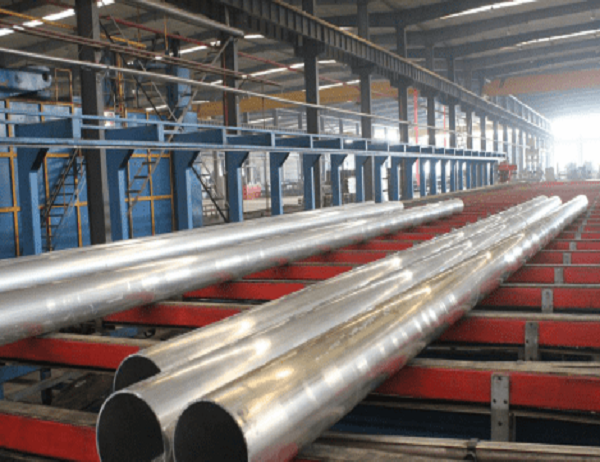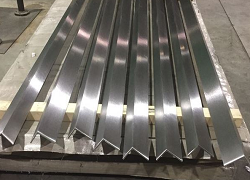Understanding Aluminium Sheets
Aluminium sheets, renowned for their lightweight, durability, and versatility, are a sought-after material in various industries, from construction and transportation to Aerospace and electronics. 8mm aluminium sheets, in particular, offer a unique combination of strength, rigidity, and ease of fabrication. Understanding their properties is crucial for effective specification.
Considerations for Material Grade
The grade of aluminium alloy used for 8mm sheets determines its mechanical properties and suitability for specific applications. Common grades include:
– 5000 Series: Work-hardened alloys, offering a balance of strength, hardness, and corrosion resistance.
– 6000 Series: Heat-treatable alloys, providing high strength and excellent weldability.
– 7000 Series: High-strength alloys with superior strength-to-weight ratio but limited corrosion resistance.
Surface Treatments
8mm aluminium sheets can undergo various surface treatments to enhance their appearance, durability, and functionality. These include:
– Anodizing: Electrolytic process that creates a protective oxide layer on the surface, increasing corrosion resistance and enhancing aesthetics.
– Powder Coating: Dry application of paint particles electrostatically charged, resulting in a durable and decorative finish.
– Mill Finish: Natural, uncoated surface that provides a strong, tarnish-resistant finish but requires regular maintenance.
Dimensions and Tolerances
Dimensional accuracy is critical for ensuring the sheets fit properly into their intended application. When specifying 8mm aluminium sheets, consider:
– Length and Width: Standard sizes are available, but custom dimensions can be specified within certain limits.
– Thickness Tolerance: The industry standard is ±0.12mm for 8mm sheets, but tighter tolerances can be specified for critical applications.
Mechanical Properties
The mechanical properties of 8mm aluminium sheets are crucial for determining their performance in different applications. Important specifications include:
– Tensile Strength: Resistance to breaking under tension, measured in megapascals (MPa).
– Yield Strength: Stress at which the material begins to deform permanently.
– Elongation: Measure of the material’s ability to stretch before breaking, expressed as a percentage.
Additional Considerations
Additional considerations for specifying 8mm aluminium sheets may include:
– Alloy Temper: Heat treatment that determines the hardness and strength of the material.
– Corrosion Resistance: Required level of protection against environmental factors such as saltwater or chemicals.
– Fire Resistance: Compliance with building codes or specific industry standards.



